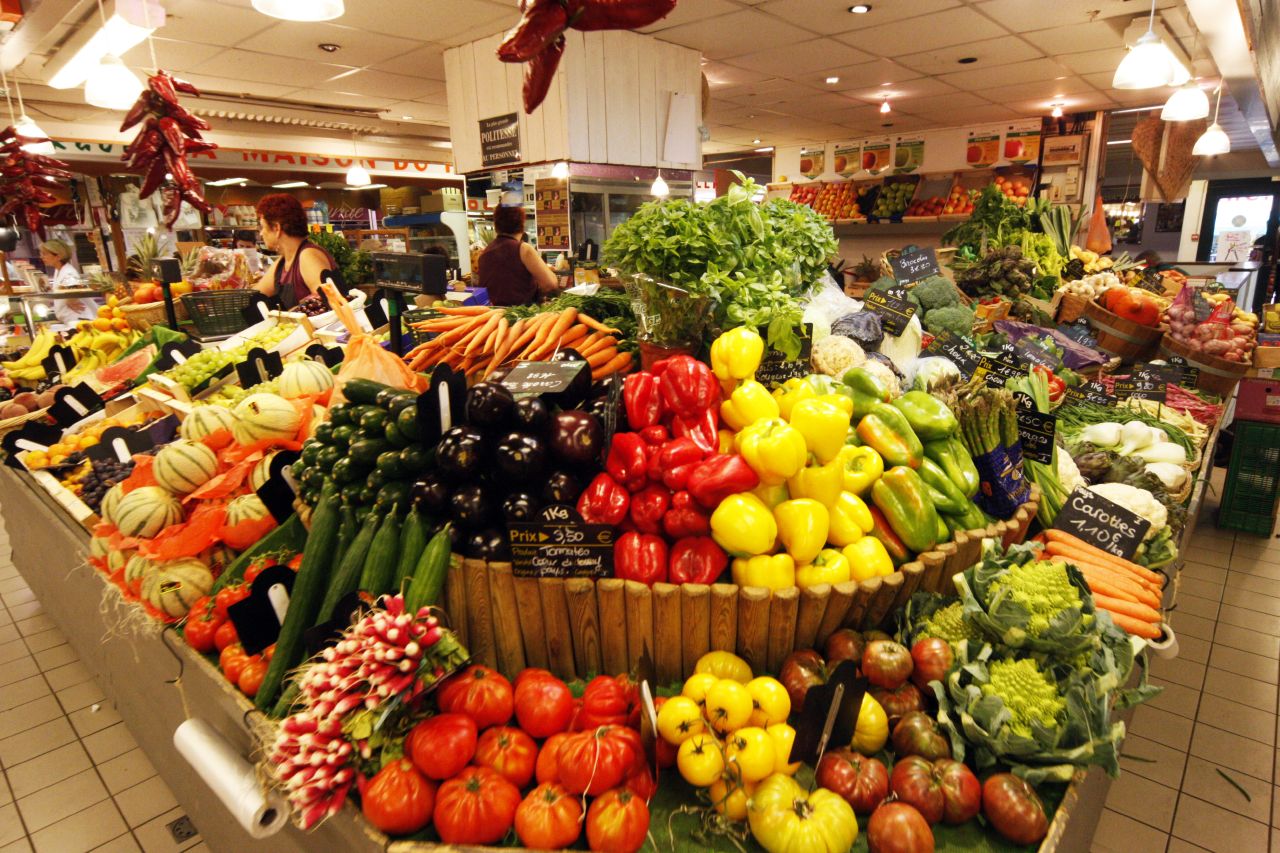QUALITY: THE BIG PARADOX
Many people, among
consumers, agree to find that fruits and vegetables do not have the quality of
old.
Yet never in the history of
humanity have been done as much for the quality of efforts, and indeed food
have never reached such a level of quality.
In reality, all actors in
the food chain are of quality. The farmer works daily to produce the highest
quality. The buyer almost always buy according to a specification quality
loads. Distributors always demand more quality in the products they will offer
for sale.
Yet ultimately, consumers
complain that the quality of food available to them.
In a way, it can be said
that the proposed food products are high quality, but that quality is not
recognized.
This is the big paradox of quality.
By the way, what is quality?
Here we are. This is the
heart of the problem. Everyone makes quality, but nobody interprets this word
in the same way.
In fact, it is not exactly
that. Everyone uses the word to the criteria that interest the most.
Here is the definition of
"quality" in the digital Cambridge dictionary "How good or bad
something is."
That's exactly right. Each of the actors, from grower to consumer,
expects something different from the same product because its concerns are
different. It's the eternal question of what is good, what is bad?
-
The
farmer waits from the product to be sufficiently
productive, that its technical management, its harvest and sale correspond to
his expertise, his habits and his equipment, to reach a high percentage of
first choice to allow him to draw an adequate sales price for a reasonable
profit.
In
short, the farmer needs to satisfy its customers so that they are faithful and
they allow him to live with dignity from his work.
-
The
supermarket expects from the same product,
to be beautiful, to have the size which corresponds to the wishes of its
customers, to be good enough so that the consumer is not disappointed (note
that it's not that the consumer enjoy it, just that he is not disappointed,
this is an important distinction) and to hold out in the shelves, ie that it
keeps well and is resistant to manipulation, not always delicate, of consumers
trying to choose. He also needs to buy at an enough low price to resell it to
the consumer at an attractive price, while generating a good profit margin.
In
short, the supermarket needs that its customers, consumers, are sufficiently
satisfied to come back and do not look elsewhere.
-
The
consumer expects above all, from the same product,
to have a good taste, a pleasant texture, to be nutritious, easy to prepare, to
be easy to cook if it is its destination, to have an affordable price and that
he and his diners (usually family) are satisfied with the result.
In
short, the consumer wants to eat reassured and satisfied. He also wants to make
life easier and not to look elsewhere than in its usual places of purchases.
All
this leads us to ask several questions:
-
What are these quality criteria?
-
What awaits every player in the industry?
-
Can we improve quality?
This
word, actual tote has a great importance for the acceptance of marketed
products and for the recognition of work, often difficult, made by all
stakeholders in the sector.
Rudolf II from Holy Roman Empire - Klaus Enrique Gerdes (2015) vs Giuseppe Arcimboldo (1590)

Aucun commentaire:
Enregistrer un commentaire